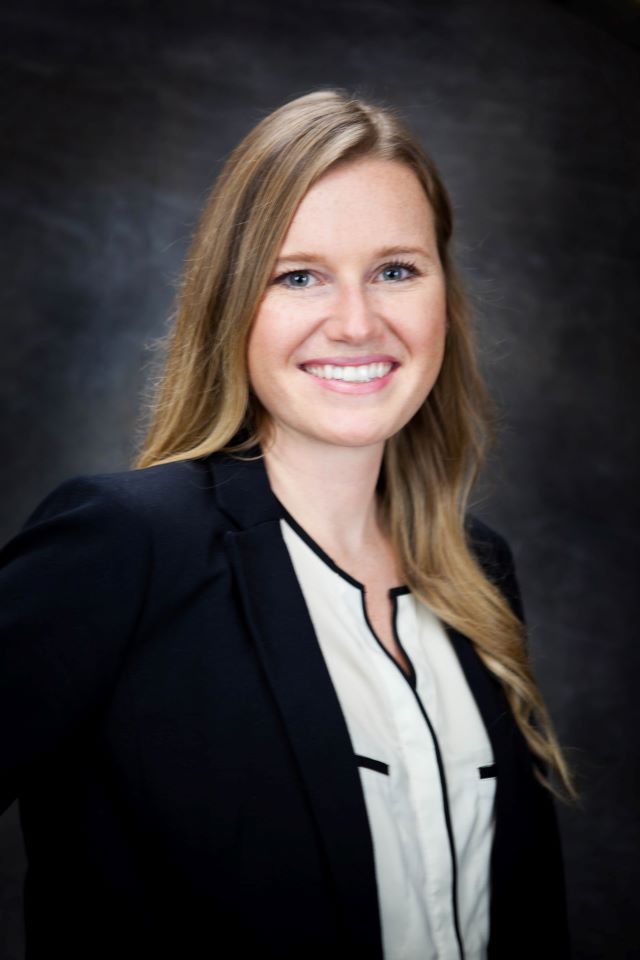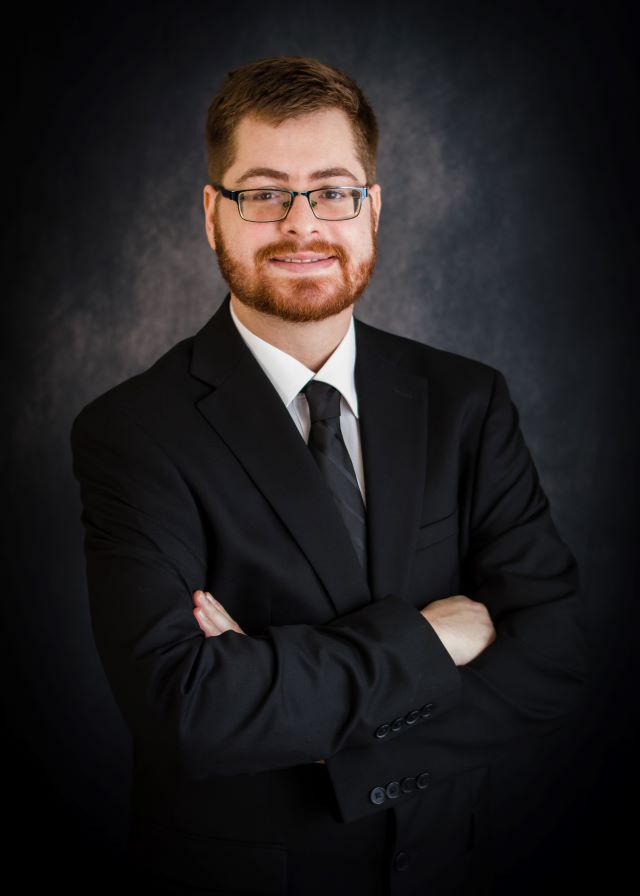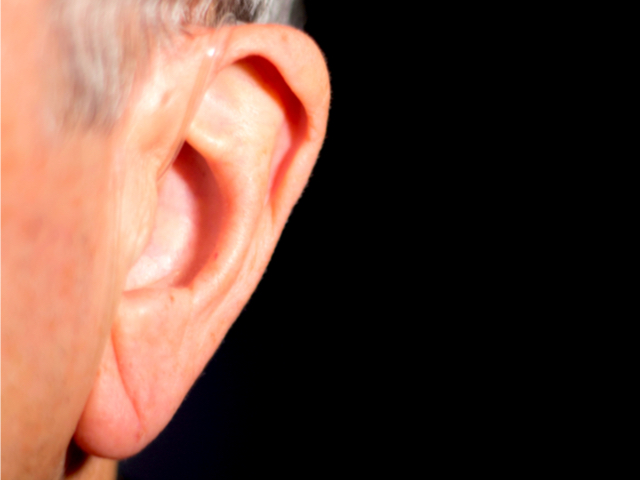
Tinnitus can be complicated, as it has so many etiologies. However, complicated doesn’t mean that there aren’t options. Dr. Lexi Kirner, AuD
What is Tinnitus?
Tinnitus is the perception of sound in the ears, without an external sound source. It can be perceived very differently for each person, being a “ringing”, “buzzing”, or “whooshing” sound.
Many who experience tinnitus also experience other conditions, such as stress, anxiety or hearing loss.
There are many causes of tinnitus, and the extent to which it affects each individual can vary drastically and its effects on the quality of life can be life-altering. This variability of perception, effects on life, sources, and co-morbid conditions can make it complicated to manage or treat.
Utilizing up-to-date, evidence-based practice in combination with individual experience, we can help you take control of your tinnitus and enhance your quality of life.
The FDA does not currently recognize any supplements or "as seen on TV" gimmicks offering to cure your tinnitus. If you have heard "nothing can be done" but tinnitus seems to ruin your enjoyment of life, a consultation with an understanding provider is the answer. While there isn't a cure by definition, you can find relief.
Am I the only person with tinnitus?
Tinnitus is not “all in your head” and you are not alone.
According to the American Academy of Audiology, tinnitus is a symptom that 30 million people report experiencing in the United States. Of those, 1 in 5 report it being disabling or nearly disabling. Forty percent of those with tinnitus report being physically aware of their tinnitus 80% of the day.
In other words, tinnitus is a very common complaint.
Is there a cure for tinnitus?
Due to the different sources that may cause tinnitus, there is no one cure for this condition. Some sources of tinnitus may be managed and treated by outside professionals. Additionally, some forms of are temporary and require immediate medical attention.
Your Audiologist will help guide you through possible forms of relief and whether further medical attention is warranted.

There is not a medication or surgery to cure tinnitus, but no cure does not mean no help. Schedule an appointment and we can discuss several ways to manage your tinnitus to provide you relief. Dr. Jessica Dimmick, AuD
What happens at a tinnitus consultation?
At your first appointment, your Audiologist will do a full case history to help determine the source of your tinnitus. A full diagnostic hearing evaluation will assess your hearing ability.
Further testing and questionnaires will determine what your tinnitus sounds like and how it affects your quality of life, personally tailored to you. We will discuss your test results and recommendations for treatment.
Customized Tinnitus Solutions for Each Patient
Whether it’s an extensive evaluation, personalized counseling, a plan for sound therapy, or a combination of all, our Audiologists will work with you to establish a customized solution for coping with and managing your tinnitus. An individually-tailored tinnitus management program is one of the key components to relief from tinnitus. We are well-versed in different tinnitus management strategies.

We combine one-on-one tinnitus care and compassion with working knowledge regarding the auditory system to establish a program that works for the individual patient. Dr. Tyler Duraes, AuD
What is Sound Therapy for tinnitus?
Sound therapy for tinnitus aims to habituate the brain to tinnitus. During sound therapy, your Audiologist will help you retrain the brain and your negative reactions towards tinnitus. A “bothersome” sound becomes “neutral” or “unimportant”. The goal of sound therapy is not to make your tinnitus go away, but to change your attitude towards your tinnitus. Our sound therapy program does this in a structured, guided manner.
Can hearing aids help with my tinnitus?

Yes. According to the American Academy of Audiology, about 13 million Americans with tinnitus also have hearing loss. Those with hearing loss find tinnitus relief through amplification or ear level devices, as hearing aids provide stimulation to the brain.
Hearing aids also help incorporate the use of “maskers” as part of a sound therapy program. For some, however, hearing aids may not be necessary. Your Audiologist will discuss candidacy with you at your Tinnitus Consultation
Hearing Aids
There is not a one size fits all management program. We take the time to learn more about you and your tinnitus and get you the help you need. Dr. Jessica Dimmick, AuD
How can an Audiologist help my tinnitus?
Our tinnitus program will provide you with education, resources and appropriate referrals. Not only understanding the source of tinnitus as well as triggers, but connecting patients to correct referral pathways is just as important as the initial diagnosis.
Our providers work to incorporate the right tools for each patient so that they may manage their tinnitus successfully and on a long-term basis.
